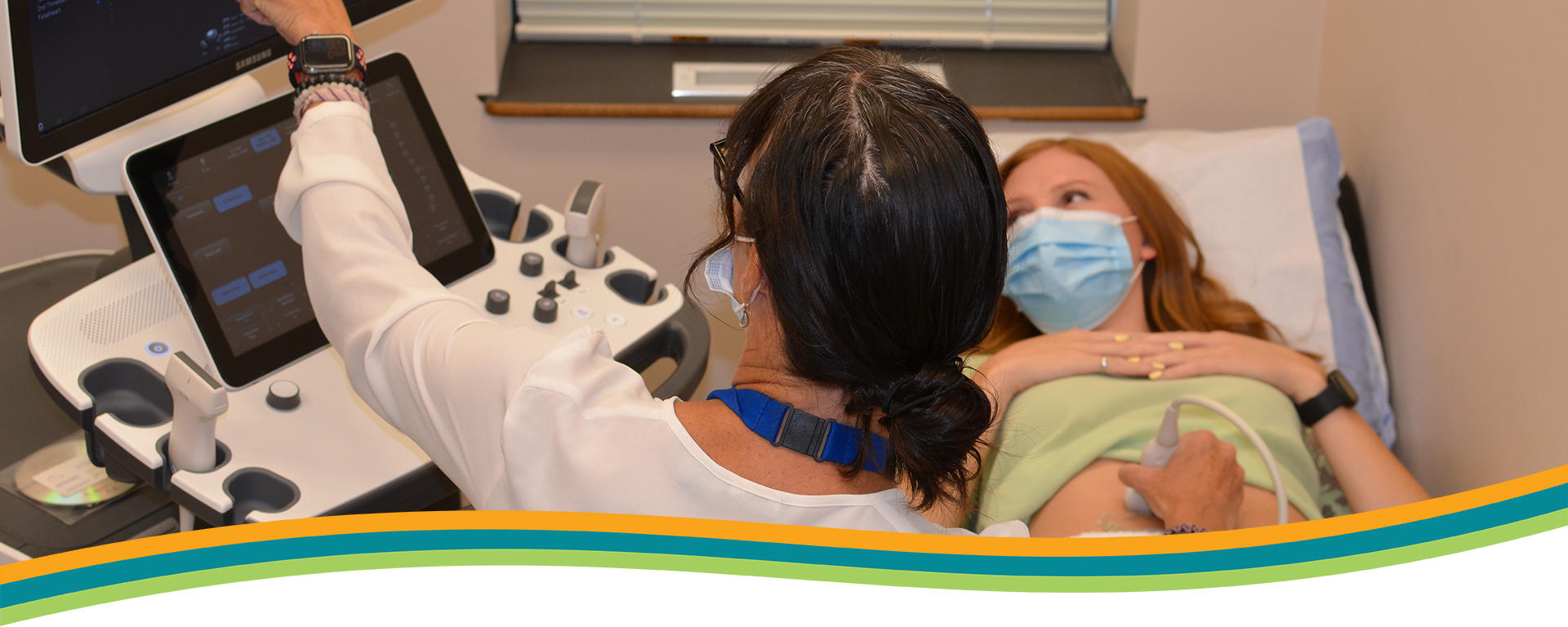The importance of specific training in IBD is increasingly important as the appropriate utilization of biologic agents in the management of IBD is an ever-evolving skill, often beyond the scope of many gastroenterologists who practice a broader scope of general gastroenterology. However, specialty IBD training is not accredited by the Royal College of Physicians of Canada nor the US. The increasing utilization of biologic agents and the rising burden of IBD in Canada and worldwide attests to the need for properly trained individuals to not only manage, but adequately study these patients.
The goal of the IBD fellowship program at the University of Calgary is to train highly qualified individuals to become clinical and research experts in all areas pertaining to the management and study of patients with ulcerative colitis and Crohn’s disease.
Our Program
The inflammatory bowel disease fellowship at the University of Calgary is a 12- month program designed to allow the trainee to develop expertise in clinical and research aspects of inflammatory bowel disease. It is a funded position with a salary commensurate with a PGY-6 trainee according to the salary scale outlined by the Professional Association of Residents of Alberta (PARA). Flexibility will be granted in order to accommodate fellows who have specific objectives. The completion of at least one major research project, with the goal of publication in a major peer reviewed journal, is a requirement of the program. Research can be in any area relevant to the interest of the trainee and the expertise of local faculty. At least three to four months of dedicated research time will be granted, during which clinical duties will be minimal. Clinical training will be comprised of attendance at dedicated IBD clinics run by faculty which occur throughout the course of the week (4-5 half-day clinics per week).
In addition to outpatient clinics, the fellow will have the opportunity to perform endoscopic procedures on IBD patients throughout the course of the year. All faculty have block endoscopy time each week and as such the fellow will obtain ample opportunity to perform procedures such as gastroscopy, enteroscopy, colonoscopy (including chromoendoscopy) and pouchoscopy on patients with IBD. As well, the fellow will have exposure to bedside GI ultrasound for evaluation of inflammatory bowel disease. There is no weekend or on-call component to the fellowship.
Educational Rounds/Conferences
The IBD fellow along with faculty will be responsible for organizing and presenting at formal IBD rounds which will take place one day per month and will be attended by other faculty and fellows within the division of gastroenterology and the department of surgery. These rounds will generally comprise an up-to-date review of an area relevant to the arena of IBD or may take the format of a less formal discussion of interesting/difficult cases.
Fellows will attend and be expected to present their research at Digestive Diseases Week, held annually in the United States. The fellow may have the opportunity to attend other national (CDDW) or international meetings.
Evaluation
Evaluation of the IBD fellow will be performed at various points throughout the year. The fellow will meet with the inflammatory bowel disease fellowship program director every six months to review their progress in the fellowship and to provide feedback. Upon successful completion of the program, the trainee will receive a certificate from the University of Calgary attesting to their sub-specialty training.
Entrance Requirements
Applicants will have completed an accredited gastroenterology training program and have a demonstrated interest in pursuing further clinical and research training in inflammatory bowel disease. Applications will be considered from applicants of any nationality provided they are eligible for licensure as trainees in Canada.
Application Requirements
- Three letters of reference
- Curriculum vitae
- Cover letter
For more information please contact: ibd@ucalgary.ca


